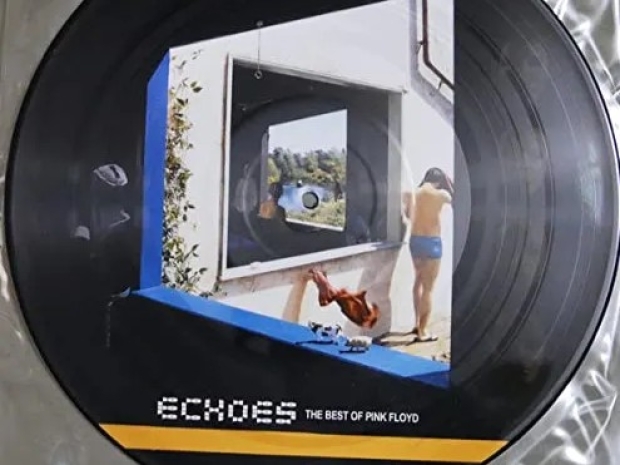The algorithm, called Quantum Echoes, was detailed in Nature and can be reproduced on other quantum machines of similar quality. That reproducibility makes this the first time the company’s claimed advantage can actually be verified, not just theorised.
Google’s system runs on Willow, a chip first unveiled in December 2024. Hartmut Neven, head of Google’s Quantum AI lab, called the milestone “the first algorithm with verifiable quantum advantage and a milestone on the software track.”
Among the brains behind the breakthrough is Michel H. Devoret, the 2025 Nobel Prize winner in Physics, who joined Google in 2023. Devoret said the work is another step toward machines that can “run calculations impossible with classical algorithms.”
The company stopped short of calling the work practical. Instead, it pitched Quantum Echoes as a foundation for future algorithms that could help model complex materials or speed up drug discovery. A companion paper posted to arXiv suggests the same technique could be applied to nuclear magnetic resonance (NMR), potentially opening new windows into molecular behaviour.
For the experiment, Google’s quantum computer simulated two molecules, one with 15 atoms and another with 28, and produced results consistent with traditional NMR, while revealing subtle details normally beyond the reach of conventional methods.
Google’s Quantum AI team even went so far as to red-team its own research, assigning staff to try to debunk the results before going public. This is an unusual level of internal scrutiny after earlier claims of “quantum supremacy” drew scepticism from rival labs.
UCLA professor Prineha Narang said the advance was “meaningful,” even if the experiment involved only a modest quantum system that still falls short of outperforming classical computers in real-world tasks.
The result nonetheless marks a comeback moment for Google in the fiercely competitive quantum race, which includes Microsoft, IBM, a handful of academic labs, and a rapidly expanding state-backed effort in China.
The Chinese government alone has earmarked more than $15.2 billion (€14.1 billion) for quantum research, a figure that shows just how high the stakes have become.

